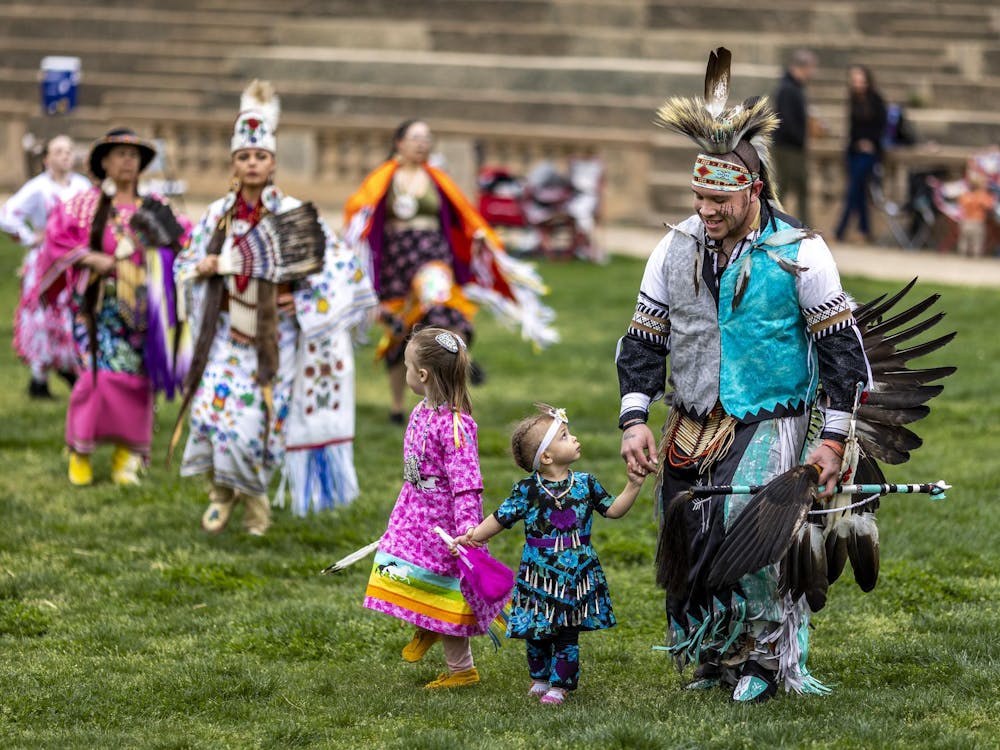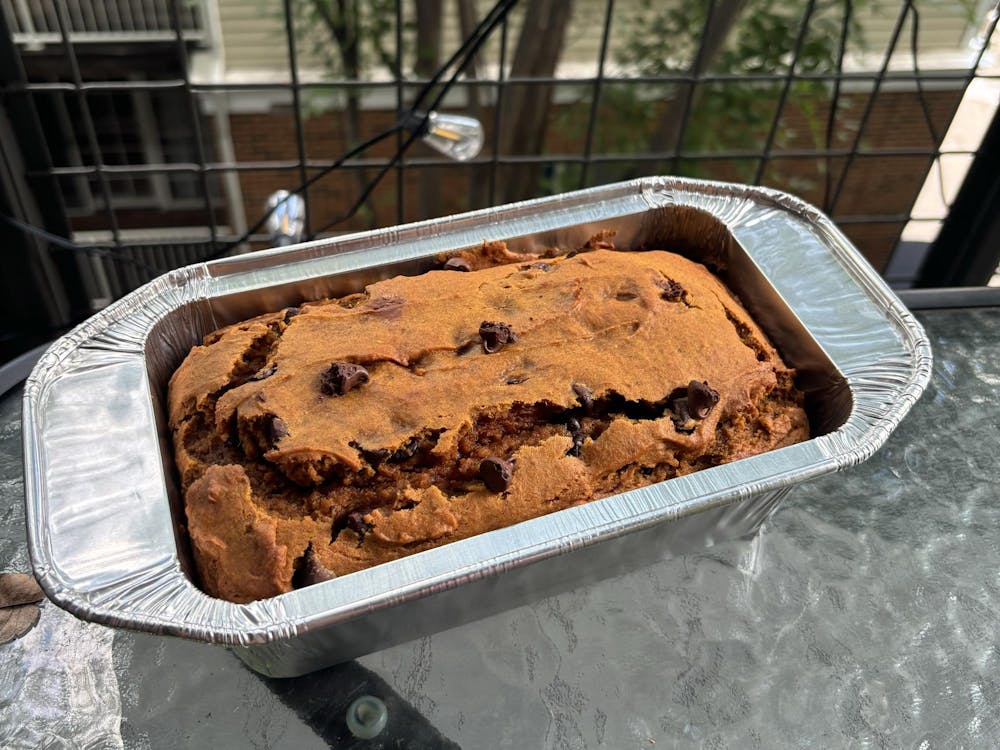If there is one valuable thing about second semester fourth year — besides being able to fill an entire Mellow Mushroom pint night card in one sitting — it is the opportunity for reflection. Actually, “opportunity” represents far too weak of a word to effectively communicate the aggressive, pervasive and inescapable nature of this reflection. Even if I wanted to live this semester in blissful apathy and ignorance, never looking ahead or behind until the jading bubble of college life finally disintegrates, I could not. Alongside this almost agonizing need for reflection, for planning, for nostalgia, for goal-setting — “OK guys, we have to try a new restaurant in Charlottesville every Friday, if we have any minute of spare time we must go touch every blade of grass on the Lawn, and we must check off all 113 things to do at least 113 times” — I realize that I just want to sit in the passenger’s seat again.
Since my second year I have been in drive. Always setting plans in motion, trudging up hills — literally, this place is so excruciatingly hilly — checking off one list and immediately jotting down another. Not only always needing to stay afloat but also always needing to swim the best freestyle of my life to keep up with the day-to-day record-setting pace of this place. Flying to Portland, driving to New Orleans, switching from the Jubilee to the Picadilly underground line. Nothing seems worse to me than uninspired stagnation, but I wonder where all this movement has taken me. Surely not back to square one. No, of course not … right? Movement means progress. But why do I feel like I am more lost now than I was as an immature 18-year-old? It is because college forces you all at once to take the steering wheel, drive with the pedal to the medal for as long as this energy lasts, decipher an intricate and extensive road map, know your destination, all the while blasting Macklemore in an attempt to bolster your cool-song repertoire. You drive through the night, weaving between dusk and dawn, changing lanes from right to wrong and hopefully back again. Rest stops, few and far between, help you recover for a crucial albeit mocking minute. How can I justify the trip when I feel like I have spent as much time stalled at the side of the road as I have driving full speed ahead without a glance of trepidation?
The best part about starting college is you do not have to take on this driving responsibility — yet. For the sake of the metaphor, let us pretend this is not just a consequence of the rule banning first years from having cars. Role models, for a few short years, can drive you around or at least highlight clear directions on that persnickety college map. But then you become the role model. Now, you are still balancing everything at once, but you also have loud, demanding, “are we there yet?” passengers in the back seat. This notion baffles me more than anything. How the hell am I a role model if I can barely get from park to drive? Do people seriously look up to me? Do these people know that in terms of finances, my parents practically wipe my ass? Or that I am just as lost as the next person, but maybe do a better job of feigning direction? Although, I guess I can at least direct people away from the same potholes over which I have bumbled. I also have never gotten a speeding ticket, so I at least have a proven record of safety. Maybe, in the end, I am not the worst role model.
I still question where this all leaves me and how to come to terms with the association between movement and progress. I have been in motion this whole time, but I cannot equate it to progress. Instead, I think the way to experience and reflect about college — especially when your fourth year makes these concepts into expectations — is to heed T.S. Eliot’s advice. Did I ever mention that I was an English major? At the end of his poem “The Wasteland,” Eliot ostensibly describes life that could thrive if only for water. The narrator, though, declares: “These fragments I have shored against my ruins.” Fragments. They are the key to college. We cannot think of this experience in narrative form, as we tend to do in such a calendar-oriented environment. Instead, this experience matters less for the road trip and more for the glances in every mirror. College should be an experience of collage or pastiche. Thinking of it as a linear progression will only sidetrack us. Did this make any sense? Eh, probably not. But it at least helped me to be more relaxed behind the wheel.
_Elizabeth’s column runs biweekly Tuesdays. She can be reached at e.stonehill@cavalierdaily.com. _




